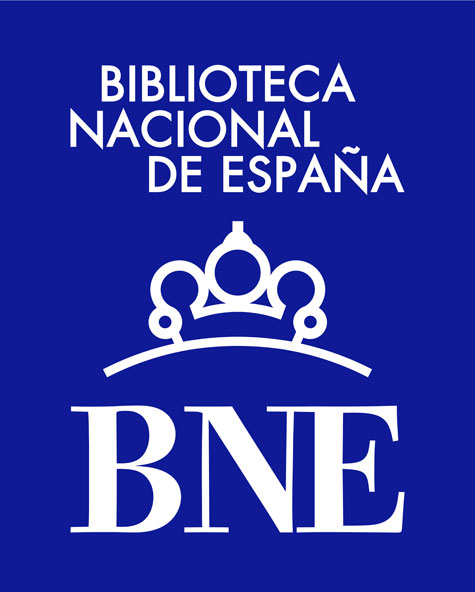On the confrontation between José Antonio Fortes and Luis García Montero.
Thinking about literature
DOI:
https://doi.org/10.51896/easc.v1i01.97Keywords:
Corruption, culture, disinformation, García Lorca, freedom of expression, literature, journalismAbstract
Literature is one more place within the ideological places in history, that is, in the class struggle. Fascism, even today, is transformed, sheds its skin, democratizes. Neither the conscious nor the unconscious can escape the ideological domain of class. Literature is one more place within the ideological places in history, that is, in the class struggle. Fascism, even today, is transformed, sheds its skin, democratizes. Like a chameleon he adapts to changing times. Fascist ideology has its most effective place within globalized capitalism in its democratic version. It doesn't disappear, it doesn't just vanish.
Downloads
References
Ayala, F. (1930). Cazador en el alba. Editorial Ulises.
García, L. (14 de octubre de 2006). Lorca era un fascista. El País. https://elpais.com/diario/2006/10/14/andalucia/1160778127_850215.html
Machado, A. (1937). Carta a David Vigodsky. Leningrado. Hora de España, IV, 5-10. https://tinyurl.com/2eu54qx3
Published
How to Cite
Issue
Section
License

This work is licensed under a Creative Commons Attribution-NonCommercial 4.0 International License.
Usted es libre de:
- Compartir — copiar y redistribuir el material en cualquier medio o formato
- Adaptar — remezclar, transformar y construir a partir del material
Bajo los siguientes términos:
- Atribución — Usted debe dar crédito de manera adecuada, brindar un enlace a la licencia, e indicar si se han realizado cambios. Puede hacerlo en cualquier forma razonable, pero no de forma tal que sugiera que usted o su uso tienen el apoyo de la licenciante.
- NoComercial — Usted no puede hacer uso del material con propósitos comerciales.



































